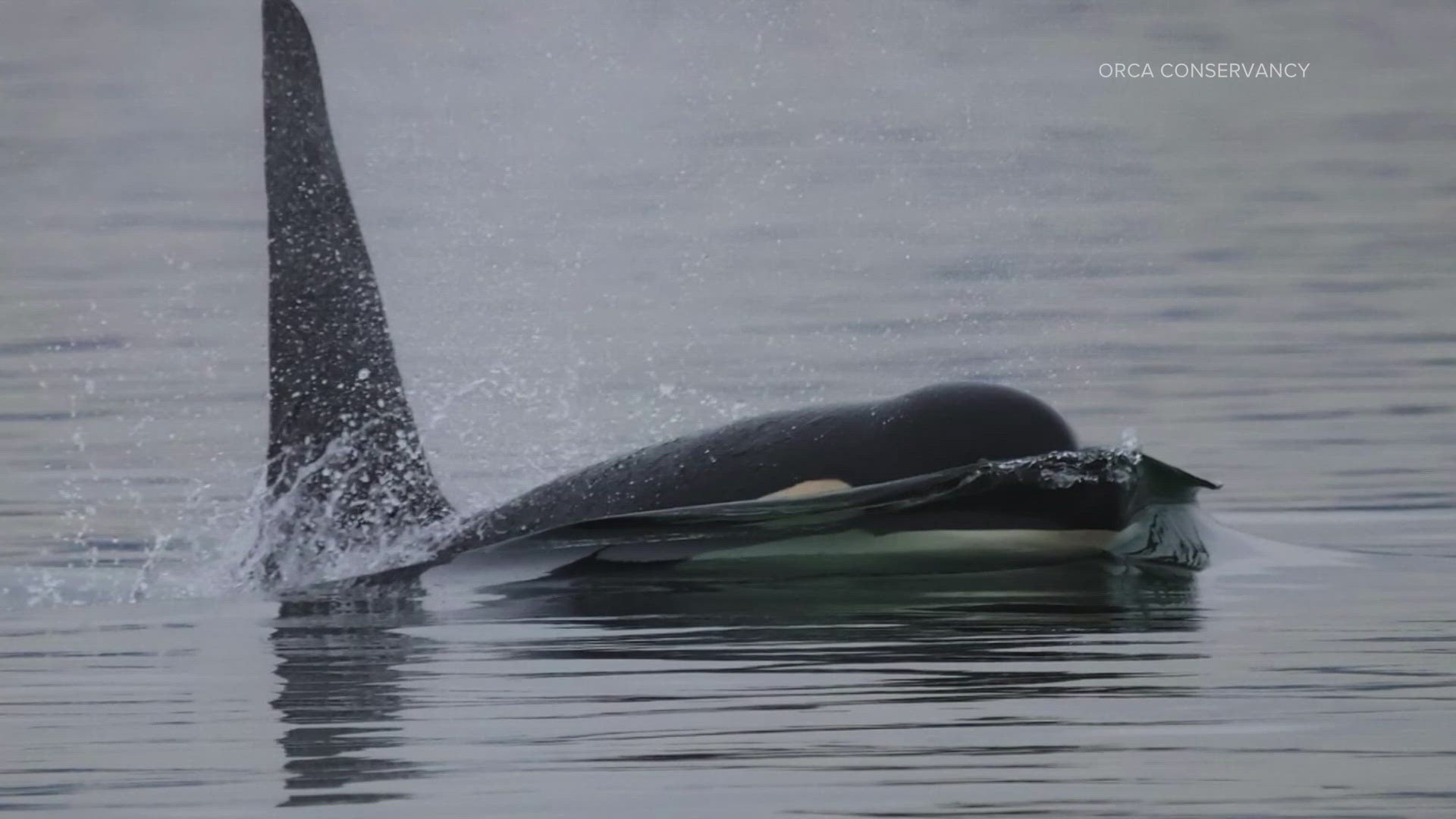Fishermen continue to rally to stop private meetings between the state and tribes, but the movement is creating a rift in the fishing community.
Fisherman's Terminal in Seattle is filled with commercial fishing boats. It's on board those boats that you'll find anglers who don't want to sit in on private meetings between the state and tribes.
Those meetings start soon, and they'll divide up salmon between tribal and non-tribal fishermen. They're secret meetings between tribal and state wildlife officials. No one else is allowed to attend.
The meetings have prompted a petition with nearly 1,500 signatures, all demanding the process be open to the public.
It's dividing fisherman among commercial and sport fishing advocates, as many commercial fishermen are speaking out against the movement in support of the tribes.
"To open that up now and create chaos would set the whole resource back," Loki Fish Co. Owner Pete Knutson said.
Knutson and others don't mind the private meetings. In fact, they worry that if pressure continues, tribal officials could walk from meetings altogether and no one outside the tribes would get to fish.
"We have a privilege to fish, the commercial fishermen and sport fishermen to fish. The treaties have a right. There's a difference between that," said commercial fisherman John McDonald.
Twin Harbors Fish and Wildlife Advocacy sent a letter to the Washington Fish and Wildlife Commission asking for officials to consider opening the meetings.
Executive Director Tim Hamilton says the group will sue if the meetings remain closed.
"The transparency issue has nothing to do with the state dividing its share of the catch between a commercial net or a recreational pole,” Hamilton said. “A dead fish is a dead fish. The issue is the state and tribal co-managers meeting in secret behind closed doors to determine the division between the tribal and non-tribal fisherman and in doing so, over-harvesting the fish to the point the salmon runs keep declining year after year, diminishing everyone's ability to fish."
Salmon decline is one point nearly all fishermen can agree on, but Knutson believes the push to open meetings will make it worse.
"Bottom line, all this controversy over fish and opening up the negotiations creates a chaotic situation and the big problem is that Puget Sound is in a salmon decline, especially Chinook and cohos," Knutson said. "It's not time to turn the apple cart upside down. To me, that's going backwards and it's going to hurt the fish."
The Northwest Indian Fisheries Commission declined to comment.
In 2015, Chinook fishing was never opened in certain areas around the Puget Sound region due to low forecasted returns. Last year, coho restrictions were tightened for similar reasons.
Knutson and McDonald believe the state wildlife commission supports recreational interests over commercial fishing. They also fear the fish fighting will set back tribal and state relations. Both say the tribes are sovereign nations and should be treated as such.
"I think it's insulting to try to force them to negotiate government to government in a way no other government would negotiate," Knutson said.
"I have a lot of good friends who are tribal members,” McDonald added. “We've come a long way, a long way.”


